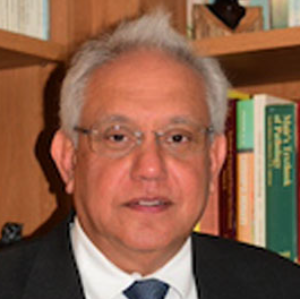Title : Chest wall reconstruction: Key to improving survival of major thoracic trauma
Abstract:
Patients with lung cancer commonly possess poor health profiles; lower socioeconomic status, significant comorbidity, advanced age and frailty, all factors that may preclude receipt of curative surgical treatment. Clinical attention has been focussed on introduction of modified surgical techniques to reduce the negative impact of therapy and thus widen the treated population. Recent studies suggest that greater improvement is achieved by the development of institutional strategy readily recognises needs compromised patients, actively anticipates and aggressively treats complications, thereby reducing operative mortality.
We have over a period of time of 15 years developed a multifaceted strategy to reduce the surgical turn down rate, reduce perioperative complications, and enhance early return to a normal quality of life. Patients with poor respiratory function, compromised exercise capacity, considered unfit who were optimised by and accelerated prehabilitation programme were offered surgery. All patients received minimally invasive surgical access, lung sparing procedures with modified regional blockade. Perioperative care was modified to minimise risk of renal dysfunction, limit oxygen supplementation and provide early nutritional supplementation to enhance early recovery.
Together these methods improved our institutional lung cancer resection rate from below 9% to above 29%, an unchanged operative mortality of < 2%, This was associated with improvement of 1 year population survival from 38% to 46.4%, and a 5-year survival of surgically treated T1 lesions of 56% - 62%.
I wish to present an overview of this multi-stranded therapeutic strategy providing details of the pathway. We conclude that improvement in management of lung cancer requires a focus on the management of patients having cancers that are amenable to resection who are currently considered unsuitable or high-risk for surgical treatment.



